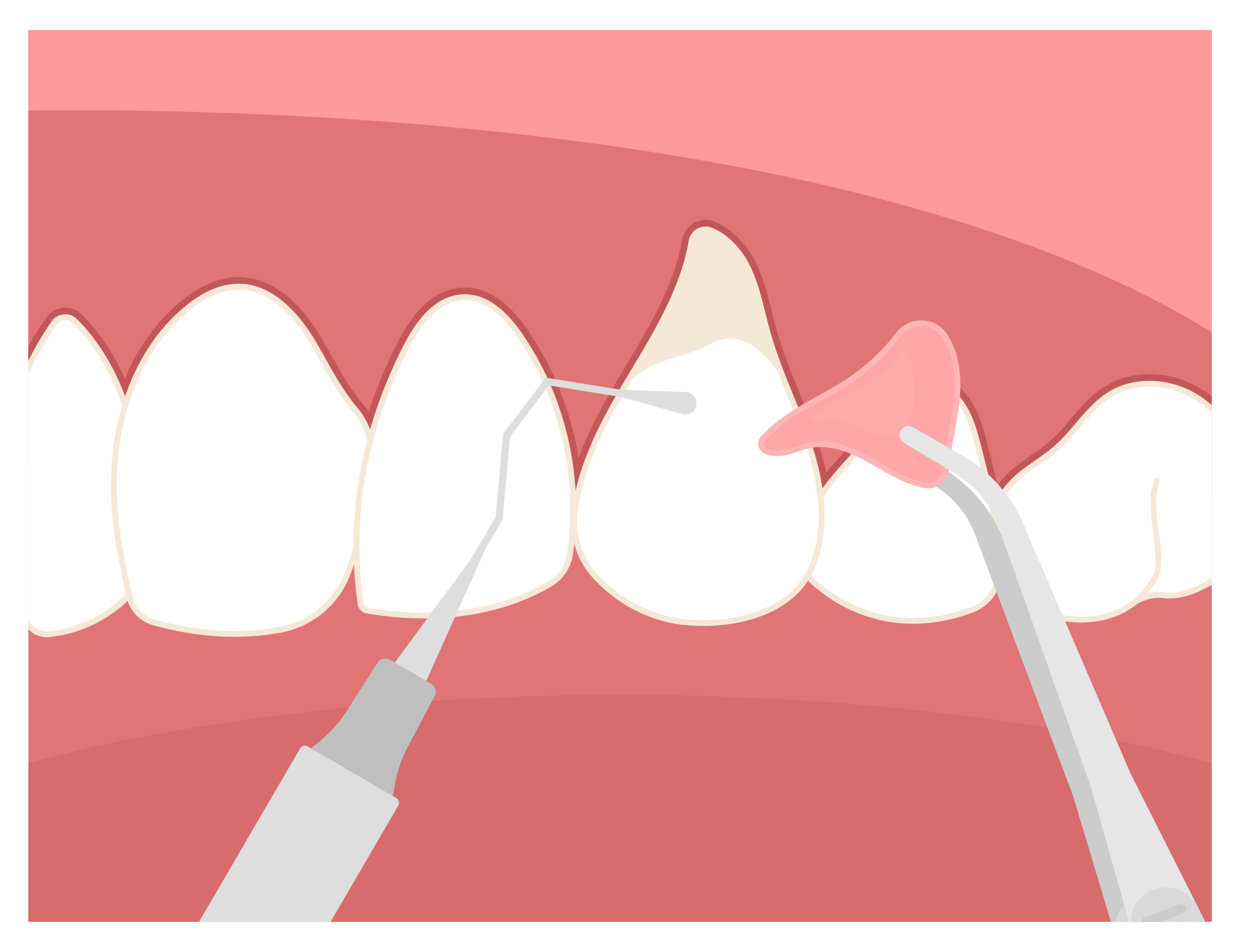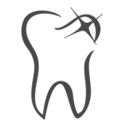
VISITING HOURS:
Week Days - 9 am to 8 pmSundays - Only Emergency Cases
How to Deal With Receding Gums?
If your gums are receding and causing you to feel self-conscious about your smile, don’t worry because you are not alone. Many people experience this common dental problem. The good news is that there are strategies to address receding gums and prevent further damage. In this blog post, we will discuss the causes of receding gums, effective ways to deal with them, and provide tips for preventing future recession. So, let’s get started and take control of our oral health!
What Causes Receding Gums?
Receding gums can occur due to various factors, and it is crucial to understand these causes to address the issue effectively. One common cause is periodontal disease, which develops when bacteria accumulate in the mouth and result in inflammation and infection. This bacterial assault gradually weakens the gum tissue, leading to their recession.
Receding gums can also be caused by aggressive brushing or improper oral hygiene practices. Brushing too vigorously or using a toothbrush with stiff bristles can apply excessive pressure to the gums, resulting in their recession. To prevent this, it is crucial to select a toothbrush with soft bristles and brush gently using circular motions.
Grinding or clenching your teeth (bruxism) can also contribute to gum recession. The constant pressure placed on the teeth exerts stress on both the enamel and gums, eventually causing them to deteriorate.
Sometimes, genetics can contribute to gum recession. If your parents or other family members have had receding gums, there’s a higher chance that you may also develop it. Hormonal changes during pregnancy or menopause can also make women more susceptible to this condition.
Other possible causes include smoking, certain medications that decrease saliva production, teeth misalignment that applies uneven pressure on the gums, and even tongue piercings that continuously irritate the gum line.
To effectively address receding gums, it’s crucial to understand the underlying causes and take proactive steps towards treatment and prevention. By identifying potential contributing factors in your own life, such as poor oral hygiene habits or genetic predisposition, you’ll be better prepared to tackle this issue directly.
Treatment for Receding Gums
The treatment for receding gums varies depending on the severity of the condition. A popular option is scaling and root planing, which involves deep cleaning below the gum line to remove plaque and tartar buildup. This procedure also smooths out rough spots on the tooth roots, promoting gum reattachment and preventing further recession.
For more severe cases, a dental treatment known as gum grafting might be required. This involves taking tissue from another part of your mouth or sometimes from a donor and surgically attaching it to the affected areas. This helps to cover exposed roots and restore healthy gum tissue.
Laser therapy is another increasingly popular treatment option for gum health. This minimally invasive technique utilizes a laser to eliminate bacteria and promote the regeneration of gum tissue, ultimately leading to healthier gums.
Maintaining good oral hygiene is essential to prevent further gum recession. Make sure to brush your teeth regularly using a soft-bristled toothbrush, floss daily, use an antimicrobial mouthwash, and visit your dentist for regular check-ups.
Also Read: Ultimate Guide for Choosing the Right Toothpaste
It’s essential to keep in mind that each case of receding gums is unique, so it’s crucial to consult with a dentist or periodontist for personalized treatment recommendations. Don’t hesitate to take action today and prioritize your oral health by addressing receding gums!
How to Prevent Receding Gums?
To prevent receding gums, practising good oral hygiene is crucial. This involves brushing your teeth at least twice a day and using dental floss to clean the spaces between them. It’s important to use a soft-bristled toothbrush and gently brush in circular motions for proper technique.
Aside from maintaining good oral hygiene practices like brushing and flossing regularly, it’s crucial to schedule regular check-ups with your dentist for professional cleanings and examinations. These visits are essential in detecting early signs of gum recession and receiving guidance on preventing any further damage.
Being mindful of certain lifestyle habits can also play a crucial role in preventing gum recession. For instance, smoking has been strongly associated with an elevated risk of gum disease and periodontal issues. If you are a smoker, deciding to quit or decrease your smoking habit can significantly improve the health of your gums.
To keep your teeth and gums healthy, it’s important to maintain a well-balanced diet that includes essential nutrients like vitamins C and D, as well as calcium. These nutrients help strengthen your teeth and promote good oral health.
Read to know: Why Good Nutrition is Necessary for Healthy Teeth?
Taking preventative steps is essential for keeping your gums healthy and preventing the onset of gum recession.
Conclusion
Receding gums is a prevalent issue that should not be ignored due to its potential consequences. However, there are effective treatment options available to address this condition and prevent further damage. These solutions range from adopting a gentler brushing technique to utilizing specific mouthwashes or even considering surgical interventions. To determine the most suitable approach for your specific needs, it is recommended to consult with your dentist. You can safeguard your oral health by taking proactive steps to manage receding gums.
Feel free to contact us or book an appointment for any kind of dental problems or queries.
OUR
TREATMENTS
TREATMENTS








